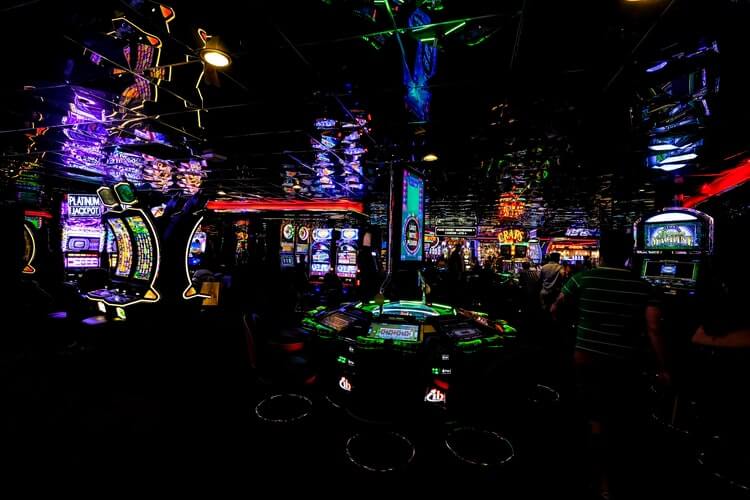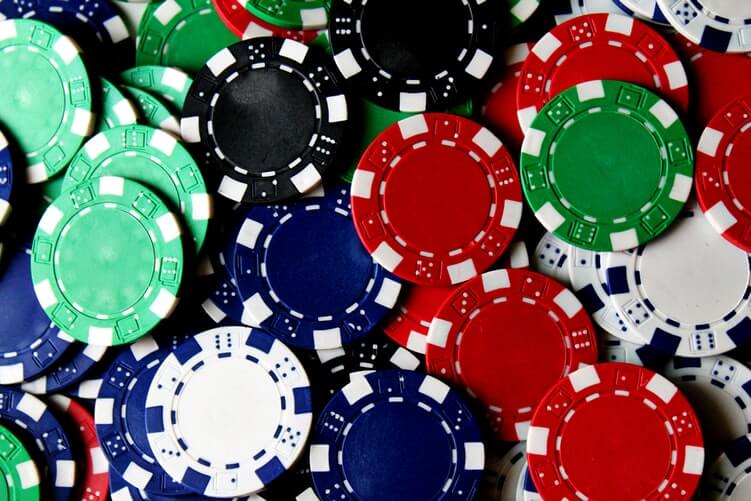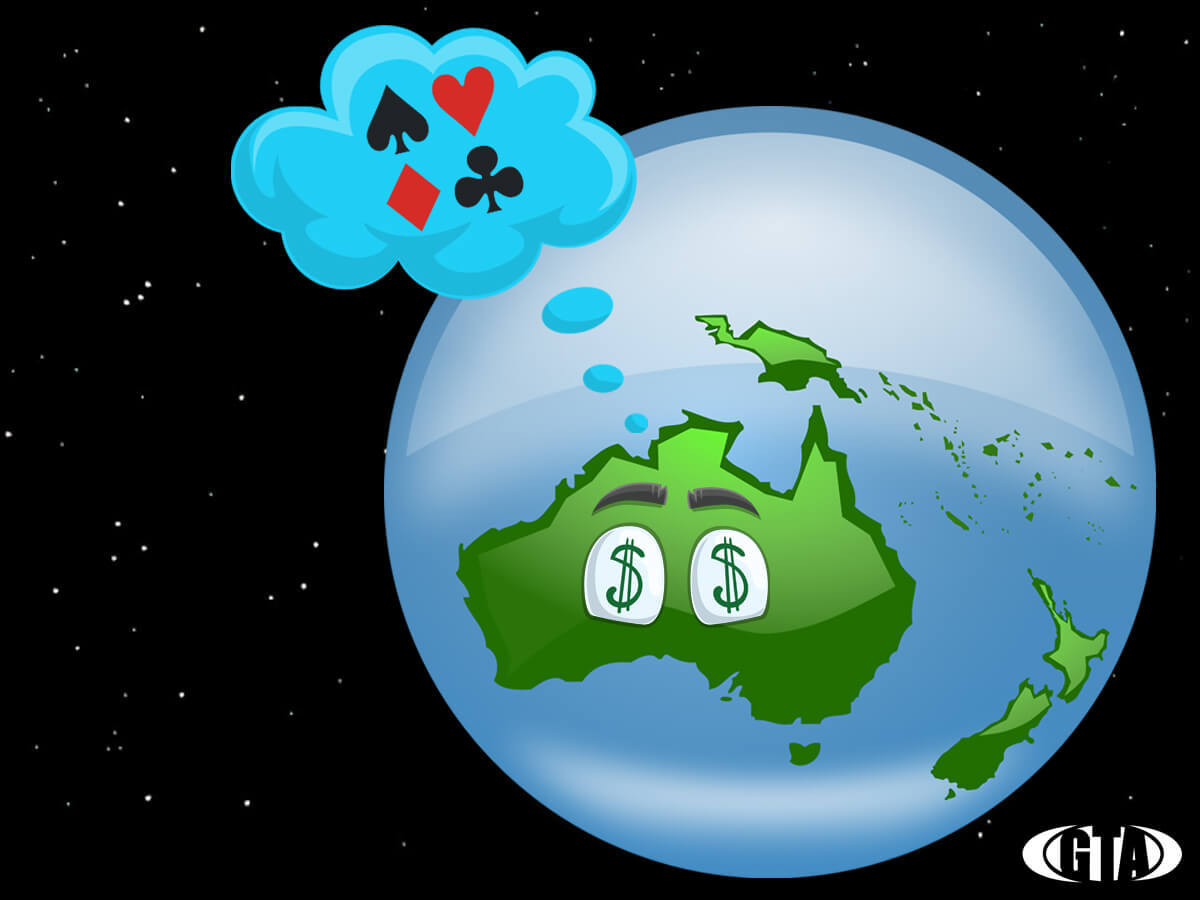Reasons for the addiction
In a country that has 80% of the youth participating in gambling, the gambling problem is the obviously expected crisis. Australia is dealing with gambling addiction for quite some time now. The one that started as a game grew up to be a serious issue called addiction. No person starts gambling with the intention to be an addict. Similarly, no addict will even agree to the fact that his/her addiction has reached a disastrous level. De-addiction is definitely not an easy task but Australia has now come up with so many support services that cater to such people who are or have to be forced to detach from their addiction for their own good.
Why is gambling addicts usually choose not to reveal their addiction?
Apparently, this is one of the many symptoms of gambling addicts which also include:
- Gambling preoccupation throughout the day.
- Spending money on gambling is no more a luxury.
- Gambling becomes a defence mechanism to hide our fears and anxiety.
- The de-addiction process is in vain in spite of repeated attempts.
- Borrowing money to gamble becomes a daily routine.
- Suicide and depression are in your thoughts.
Falling under the category of gambling addiction leaves us with nothing pleasant though. It is still considered to be one of the most dangerous impulse-control disorders by psychiatrists who always believe that what just starts as a hobby develops into an addiction unknowingly. This repeated indulgence enhances one’s urge to gamble more and more irrespective of the winning probabilities. This leads to various kinds of problems some of them, irreparable.
Once surplus funds out of savings are now filled with debt-attacked accounts leading to damaged families and loss of a respectable social status. Gambling becomes the only priority which is when an individual who was once a star performer of the company, exhibits shabby performance resulting in termination or no hike in compensation.

Happiness takes a back seat when life is filled with restlessness and distress due to the aftermath effects of addiction. Anxiety, depression, and loneliness have now joined hands with guilt and shame. This may further lead to some other complications like suicidal thoughts or give birth to one more dreadful addiction called Alcoholism.
The Household, Income, and Labor Dynamics in Australia survey (HILDA) is a long-running survey of the nation’s households. The survey has for the first time added questions about gambling, as, according to the authors, there is no ongoing national survey of gambling activity and the socio-economic factors associated with it.
According to a survey by HILDA [The Household, Income and Labour Dynamics in Australia], Gambling in Australia is more common among older men that the womenfolk. Lotto or lottery games are the most popular ones among them. The other gambling variants like poker, followed by the pokies, and then gambling on horse or dog races are the known culprits which have been successful in extracting the money and happiness of the Aussie crowd. The Hilda survey approximately says that gambling only affects 1.5% of men and 0.8% of women. Although, while this is a small percentage, in population terms this would be around 200,000 people. In 2015-16, gambling revenue made up 7.7% of the state and territory taxation revenue of Australia. These numbers are so evident that gambling is not such a small problem that it needs no addressing.
According to the Australasian Gaming Council’s 2014/2015 gambling industries report, an average Australian adult spends $1,172.14 (AUD) on gambling every year and thereby making Australia the gambling capital of the world.
Despite being the 52nd largest populated country, Australia has more “Pokies” than any other country. The majority of them aren’t in casinos, but at the hotels and registered pokie clubs. According to the research, Casinos are the second-most popular source of gambling for Australians, claiming $4 billion+ (AUD) each year. With pokies and casinos, Australia has several other varieties of gambling that are the favourites, like sports betting ($626 million per year), lotteries ($1.9 billion per year), and racing ($2.8 billion per year).
Why the addiction?
Australia’s long tradition of gambling dates back to the 18th century during Britain’s colonization of Australia Gambling was a pleasurable activity. Australia has always accepted gambling as a culture where risk and returns rule. Ultimately, gambling was always a form of entertainment, just like Opera and sporting events. Gambling for some is thus one of the pieces of their culture which came from their forefathers.

Based on their per capita spending, Australians are the world's most inexhaustible gamblers. Why, Because Slot machines or pokies are extremely common in Australian pubs and social clubs. In Australia, pokie machines are on almost every street corner. It is estimated that one-third of the people who play pokies once a week will develop a gambling problem. Each (bet) provides a dopamine release, similar to a drug like cocaine, in the brain which is what makes this entire process so pleasurable. The brightly lit slot machines and the pleasure of winning, the greed and the gut…everything adds up to form this big monster called Addiction.
Australia has come up with innumerable services to help people to keep them away from being addicted to this not-so-pleasant hobby of theirs. One such way is RSG, under which the licensed individual has to abide by the rules and the principles to ensure that there is the right kind of healthy and harmless practice of gambling happening on their premises.
Few other organizations extend their support by giving a ‘Pokie Detox’ in many ways like de-addictive therapies and mutual motivating groups.
Thus Australia’s biggest challenge is to accept the addiction and come out responsibly and happily with limited indulgence or an extended support system.
Also read: BEST WAYS TO CONTROL GAMBLING PROBLEMS
